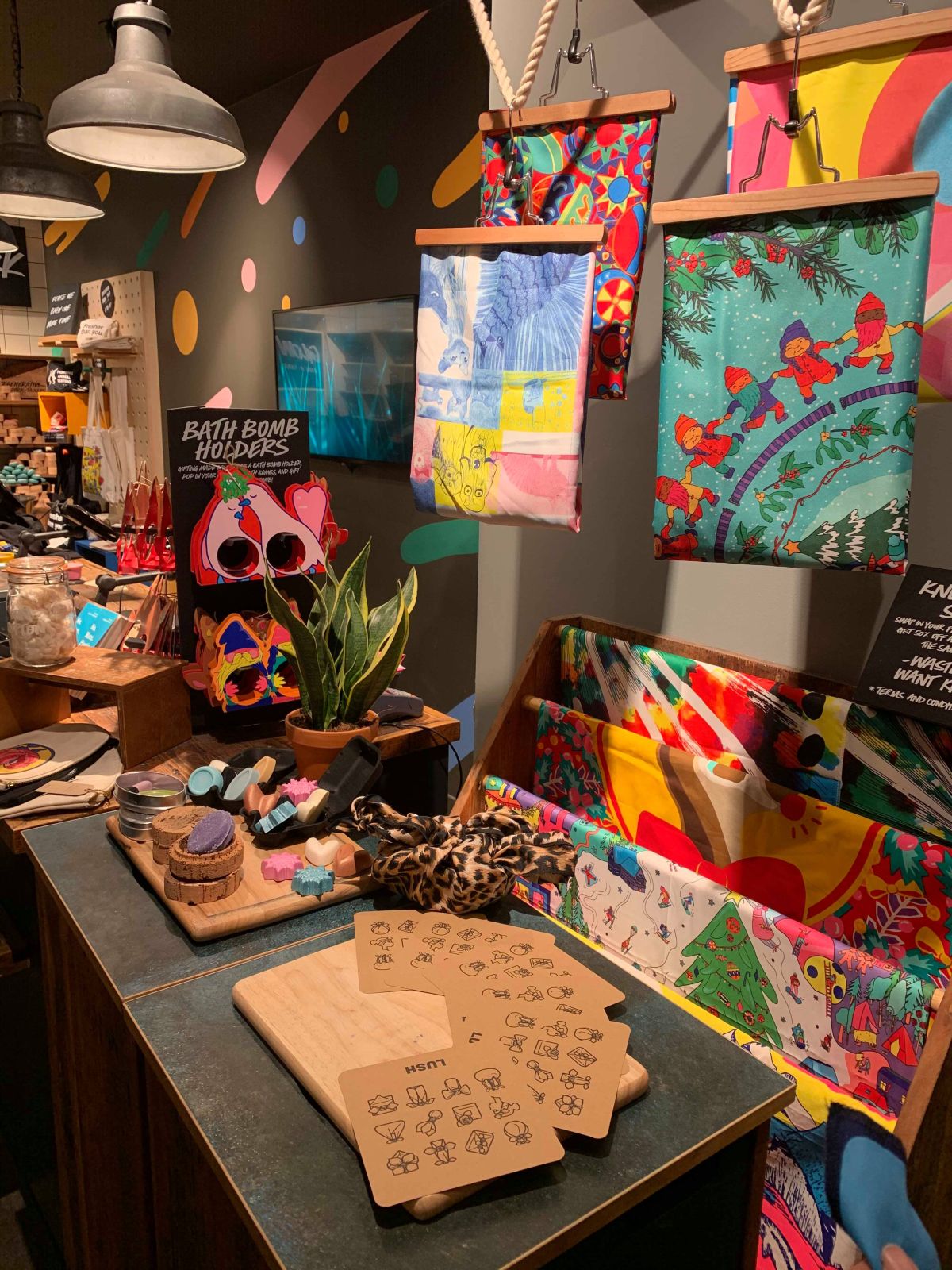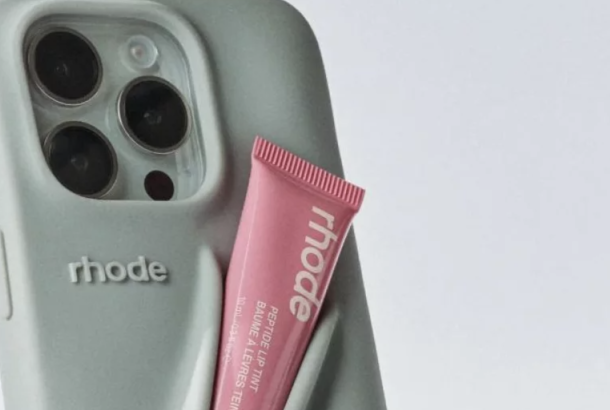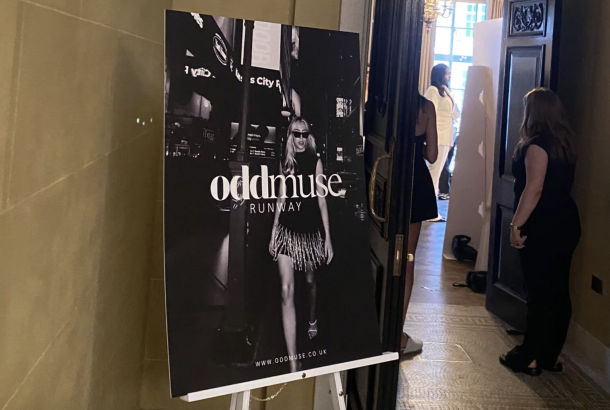Review: Sustainable beauty workshop with LUSH
By Anna Jin

On the 27th of November, the University of Manchester Beauty Society collaborated with LUSH Market Street to host an informative event (the first of its kind) on sustainability in skincare and beauty. It consisted of two workshops run by knowledgeable Lush employees, who clearly loved their work and believed in their message.
The Society was founded in September 2019 by a group of third-year friends. President Joelene, a makeup lover keen on avoiding the generic, wanted to create a “society with a mission”. Sara and Aditi (Heads of Events and Finance, respectively) broadened the Society’s scope to include skincare. If its original aim was to spread awareness about sustainability in the beauty industry, and to support local British brands, that now includes educating people about alternative products and on waste-reduction.
The first workshop focused on LUSH’s beauty range. These products take their style from the 1950s, as well as the beautiful places from which they are sourced. Workshop leader Roxy emphasised that LUSH always knows where it source its ingredients, and ensures, if possible, that it is sustainable. Priding itself on being “people led and people run”, LUSH pays its employees a living wage and claims to include them in its decision-making. Its profits, Roxy explained, are directed back towards the community, which “not only serves ourselves, but also serves others”.
Market Street, which hosted the event, is the UK’s first plastic-packaging-free store. This is a strategy from the environmentally conscious brand to reduce its waste and carbon footprint. It aims to “address the cosmetics industry by setting an example”. Their stores are made up of 50% naked products (plastic packaging-free), with further reductions promised, and what plastic they do use is recycled.
Roxy explained that getting rid of plastic packaging is much easier than people believe: all it takes is to make the liquid products solid by removing water. This also reduces the need for synthetic ingredients such as preservatives, since bacteria can only survive in a wet environment. In all LUSH products, synthetic chemicals make up the smallest percentage of the ingredient list, and in solid products the number is even smaller.
Another of LUSH’s sustainable practices is versatility, making products “for every need, not every want”. Rather than cluttering your makeup and skincare collection with limited products, why not try things with more than one function? For example, LUSH’s new solid moisturiser range can work for different occasions depending on how much water you add: more liquid for a lightweight day lotion, less for a nourishing night cream.
The second workshop expanded on the brand’s environmental efforts, with special attention to their (lack of) packaging. In the gifting season, the store sells beautiful ‘knot wraps’, inspired by the Japanese tradition of fabric wrapping, in a variety of colours and patterns. These are made from environmentally conscious materials, including recycled plastic bottles, organic cotton (free from GMOs and pesticides), and vintage scarves. The latter is good, workshop leader Ivy explained, because a lot of clothing ends up in landfills, while the textile industry is a large source of carbon emissions.
In addition, the store sells various high-quality cases for its ‘naked’ packaging-free products. A bestseller is the metal case sporting a LUSH logo. Metal is not only durable and long-lasting, but can be recycled an infinite number of times. Attractive cork containers are another alternative, which are both carbon-negative and completely biodegradable.
Ivy spoke about LUSH’s use of the synthetic preservatives known as parabens. These are often talked about negatively, but only because they have been around long enough for scientists to know precisely their harmful effects on the body. LUSH’s position is, rather than risk a different synthetic chemical, to use parabens in some of their products, while working to cut out preservatives altogether. Many of its products are already ‘self-preserving’, meaning they are solid, or use natural ingredients, such as honey.
Ivy argued that parabens are relatively safe compared to other synthetic chemicals, and that when a product boasts of being paraben-free, it often means an alternative, less-well researched chemical has been used. When it comes to gaining more information on the beauty industry, she recommended reading from a breadth of sources. The message was that, while no company is perfect, LUSH at least tries to be honest. Their products list all their ingredients, which many cosmetics companies do not do, since the law only compels them to list substances above a certain percentage.
The workshop concluded with Ivy urging everyone to use their consumer “voice” to make known what change they want to see in the world.







